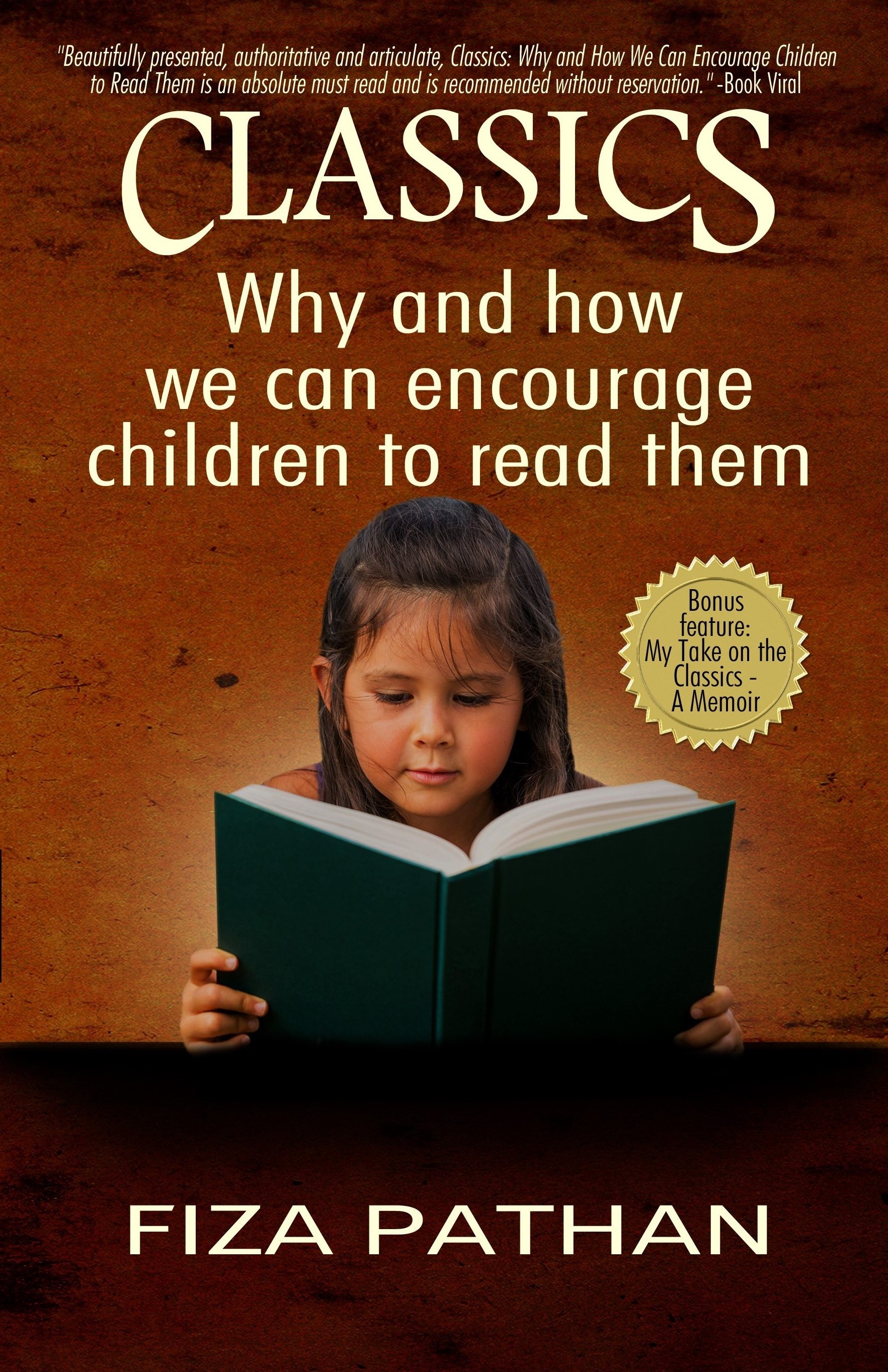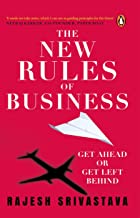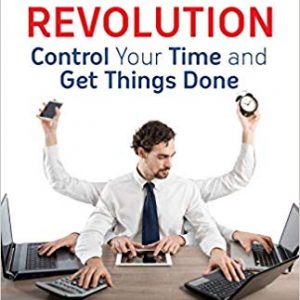
Fiza Pathan is a teacher, author, poet, and publisher. An author of ten award-winning books, she is also the recipient of more than forty international literary awards. She is the director of Fiza Pathan Publishing OPC Private Limited, and publishes books under the imprint/trademark Freedom With Pluralism®. She is indeed an apt person to talk about “Reading and the modern child”. Here we go….
Today, reading competes with many other entertainment options. As an educationist, you have observed children closely. Do you think that readers have an edge over children who do not read for pleasure?
I’ve been teaching a variety of students from all age groups for the past eight years. I’ve realized that teachers in general have to improvise by adding new teaching aids and techniques to gain the attention of the ultra-modern 21st century child.
However, I can say very confidently that despite all the odds, it holds true that a child who reads using either a physical book or an eBook is definitely a much more empathetic, patient, diligent, and intelligent human being than one who does not read.
Such children who read for pleasure, as I have seen, are not only top rankers in their schools, but also better individuals who are broad-minded, righteous and dedicated. This is because unlike other entertainments like playing a game on a tablet or Xbox, or watching a 3D movie, reading, using any medium, teaches a child many lessons and shows them different points of view which enhances their intellect and develops their creative and innovative thinking abilities. I make it a point in my tutorials to make sure that my students read at least one book every week. I’ve seen the difference in grades and behaviour of pupils who read on a regular basis and those who don’t. So yes, readers do and will always have an edge over children who do not read for pleasure, but teachers and parents will have to find many innovative and creative ways to get children to read these days in the new millennium.
What are some of the simple ways by which parents can instil a love for reading in children from an early age?
Start them young, is what I always say to parents. Start reading to your children from the time they are born. Books should be associated with love and respect right from the time the child is able to think and reason out in the new environment its born into. If, however, you as a parent have missed the bus and your child is a preteen who hates to read, don’t nag him or her to do so.
Start reading on a regular basis yourself to set an example for your children. Remember, children are constantly watching their parents and will always be influenced by what they see.
To give an example of myself; I am a person who loves to read, as well as, who reads to live. Whenever my students are doing a test or a writing assignment, I sit beside them with a book in my hand and read, keeping an eye on them. Watching me, now my students too during a class break, get out their novels or non-fiction books and read. I never touch my smartphone at all when I am in class, and though my students are not my flesh and blood, they have imitated me for their own betterment. Think about how beneficial therefore it will be for children to see their own parents reading voraciously, instead of constantly working on the laptop, or talking on the smartphone even at the dinner table.
Up to what age do you believe a child should be read to?
I read a very interesting and thought-provoking book a year ago called The Reading Promise by Alice Ozma, whose father made a promise to read to her every night for one hundred nights, but once they met their goal they couldn’t stop. One hundred became one thousand, and the reading streak continued for 3218 nights, finally ending when the girl was in her twenties. Father and daughter made it a point in any circumstance never to miss a single night.
The book reminded me of my dear uncle, who used to read to me stories every night when I was a toddler and also when I was a preteen and teenager. When I was between twelve and fourteen years of age, my uncle read to me all the Sherlock Holmes titles, until school homework and late-night study made us stop very reluctantly. To me therefore, there is no such thing as an age bar to be read to. We are humans, and we all are storytellers. In the past stories were told to us around a fire by every member of the community, these stories encompassing the whole of humanity.
However, if you want to make a child an independent reader and wean him off being read to, for discipline purposes, then the right grade would be the second or third when the child is intellectually capable of reading a book by him or herself. The age however varies greatly from child to child and family to family. My uncle still reads to me articles, stories and blog posts from his smartphone, and I am twenty-eight years old!
In your book, Classics: Why we should encourage children to read them, you make a case for the relevance of classics for modern children. While the book certainly gives a series of very handy tips, could you mention a couple of things that parents could do to instil love for classics, specifically.
The classics are the repository of wisdom and knowledge, which according to me a student must read to learn from the past and to shape his or her future.
In my book I’ve mentioned numerous techniques that I have used, to impart the love of reading classics to my wards, like the movie first method, reading snippets in class, the PowerPoint method, etc., which can be adopted by parents in their homes.
I would like to mention again here, where parents are concerned, nothing works best than the parents taking an initiative and reading the classics along with the child. Another technique I can think of right now, is the use of abridged classics to first introduce a child to read, as it is easier to read and comprehend, and the child feels he too can read an adult book. Later, when the child gains confidence, supply him or her with the copy of the original unabridged version.
Many school children now have access to Kindles and e-readers. Even for toddlers, there are interactive stories online. How would you compare these to physical books? Do you believe that a story is a story no matter what medium, or would you say that paper books are irreplaceable?
According to me, it does not matter at all through which medium the student gets to read a story; reading is reading whether you read an eBook or a physical tome. We must adapt to the changing times and not be rigid. Remember, in the past we used to read from papyrus, palm leaves, and goat skin, and it was the Chinese who invented paper and changed our reading habits, which we use even to this day. Change is inevitable. Change is dynamic. We need to see and analyse the positive and negative aspects of change and see if it is beneficial to our children or not.
Most of my students read physical books, but there are a growing number of younger students, born post 2005, who are more at home with a Kindle or iPad. As long as they are reading and not finding it a strain, who am I to complain? However, I know that where younger students are concerned, the physical act of turning the page of a regular physical book, touching the pop out images, smelling the pages, makes them better readers than e-readers would do.
Reading and the modern child have a complex and dynamic relationship. Times are changing and reading trends will follow suit, but it is heartening to know that a love for reading is still alive!





